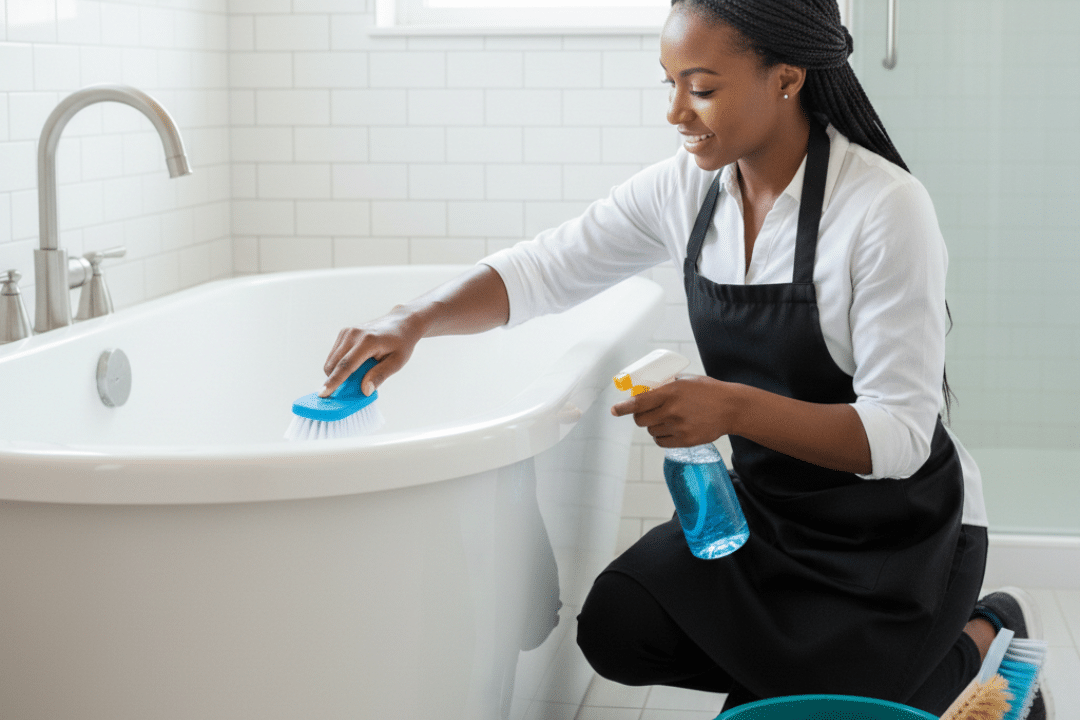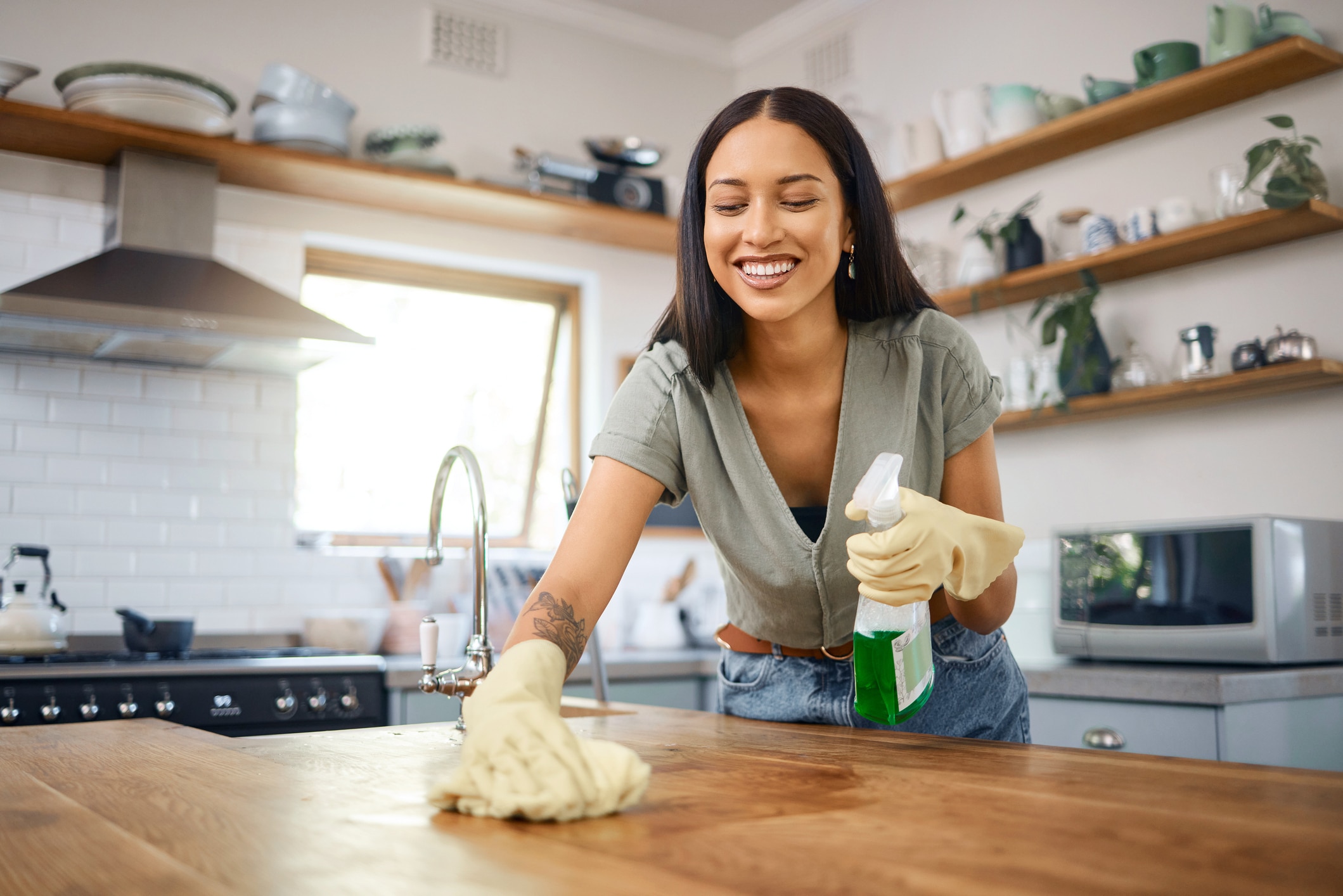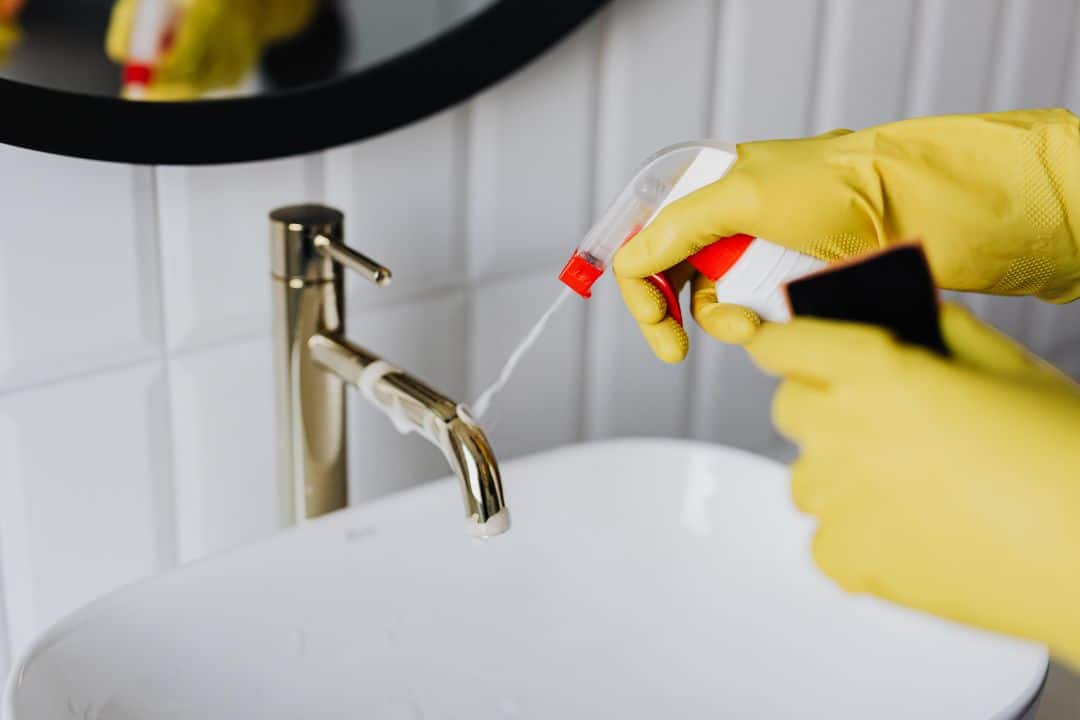Maintaining a clean oven and stove is essential not only for the aesthetics of your kitchen but also for your health and safety. A clean cooking area helps ensure that your food is prepared in a hygienic environment and can improve the efficiency of your appliances. But how often should you clean your oven and stove? Experts recommend different frequencies based on usage, type of cooking, and personal preferences. Here’s a comprehensive look at how often you should clean your oven and stove, along with expert advice to help you keep these essential appliances in top condition.
Factors Influencing Cleaning Frequency
1. Usage Patterns
One of the most significant factors determining how often you should clean your oven and stove is how frequently you use them. If you cook daily or prepare large meals several times a week, your appliances will require more regular cleaning compared to those who cook occasionally or prepare simple meals.
- Daily Use: If you use your oven and stove daily, consider cleaning them at least once a week or bi-weekly. Regular use leads to grease buildup, food splatters, and spills that can become harder to remove over time.
- Occasional Use: If you cook a few times a month, a deep clean every month or every other month may be sufficient. In this case, focus on wiping down surfaces after each use to prevent buildup.
2. Cooking Habits
Your cooking style significantly impacts the cleanliness of your oven and stove. For instance, if you often roast, fry, or bake dishes that splatter or produce a lot of grease, your appliances will likely need more frequent cleaning.
- High-Oil Cooking: If you frequently fry foods or cook with a lot of oil, it’s best to clean your stove and oven after each major cooking session to prevent grease accumulation.
- Baking: Baking can also lead to spills, especially if you’re using rising agents or baking dishes that overflow. Clean your oven after baking sessions to keep it tidy.
3. Type of Appliances
The type of oven and stove you have may also influence how often they should be cleaned. For example, self-cleaning ovens have specific guidelines for use, and their cleaning cycles can differ from traditional ovens.
- Self-Cleaning Ovens: These appliances typically recommend cleaning every six months to a year, depending on usage. The self-cleaning feature allows for a thorough clean without much manual scrubbing, but it’s still essential to wipe down the exterior and stovetop regularly.
- Conventional Ovens: For standard ovens, consider cleaning every month or so, or more frequently if you notice buildup or odors.
Expert Recommendations on Cleaning Frequency
To gain a better understanding of how often to clean your oven and stove, we consulted with several cleaning and cooking experts, who provided valuable insights:
Weekly Maintenance
According to professional cleaners, a quick wipe-down after each use can prevent grease and grime from building up. This involves:
- Wiping the Stovetop: Use a damp cloth or sponge with mild dish soap to wipe down your stovetop after cooking. This prevents residue from hardening and becoming more difficult to clean later.
- Cleaning Knobs and Controls: Don’t forget to clean knobs and control panels. These areas can collect grease and fingerprints, making your kitchen look less than pristine.
Monthly Deep Clean
Experts recommend a thorough cleaning of your oven and stove at least once a month. This includes:
- Oven Interior: Remove the racks and use a mixture of baking soda and water to create a paste. Apply it to the interior surfaces, let it sit for a few hours, and then scrub and wipe clean.
- Stovetop Burners: For gas stoves, remove the grates and burners to clean any trapped food particles and grease. Electric stoves should have their burners cleaned according to the manufacturer’s instructions.
Quarterly Maintenance
In addition to monthly cleaning, a deeper clean every three months can help maintain your appliances:
- Deep Clean the Oven: Use a commercial oven cleaner or self-cleaning feature to tackle baked-on grease and food residues. Follow the manufacturer’s instructions for optimal results.
- Inspect for Damage: This is also a good time to inspect your oven and stove for any signs of damage or wear. Check seals and gaskets for leaks and ensure that all elements are functioning correctly.
Signs Your Oven and Stove Need Cleaning
Sometimes, it can be difficult to determine when it’s time for a clean. The Daily Meal has provided us with some indicators of when it is time to clean your stove:
- Odors: If you notice a lingering burnt smell or odors from your oven or stovetop, it’s a clear sign that food residue is present and needs to be addressed.
- Visible Grime: If you can see grease splatters, burned-on food, or sticky surfaces, it’s time to clean.
- Smoke or Flames: If your stove produces smoke or flames when cooking, it may indicate grease buildup that poses a fire hazard.
Conclusion
Maintaining a clean oven and stove is crucial for both safety and hygiene in your kitchen. While the frequency of cleaning will depend on your cooking habits and usage, most experts agree that regular maintenance—daily or weekly for light cleaning, monthly for deep cleaning, and quarterly for thorough checks—will keep your appliances in excellent condition.
By establishing a cleaning routine that fits your lifestyle, you can enjoy cooking in a fresh, hygienic environment and prolong the life of your appliances. Remember, a clean oven and stove not only enhance the appearance of your kitchen but also contribute to better health and cooking outcomes. Don’t wait until your appliances are visibly dirty; incorporate regular cleaning into your routine to ensure a safe and enjoyable cooking experience.








